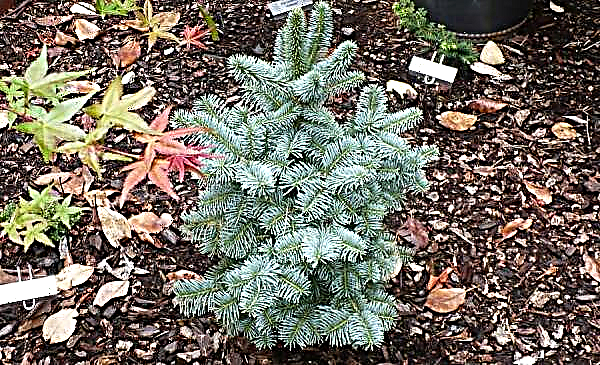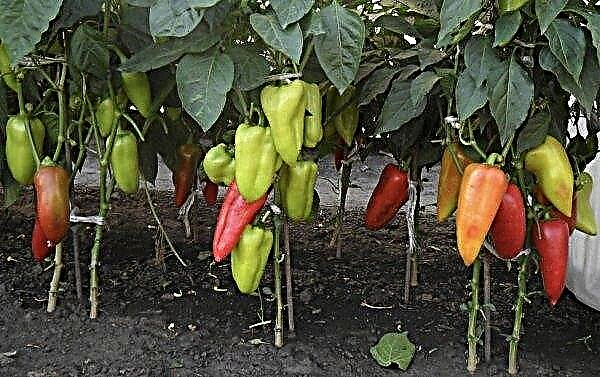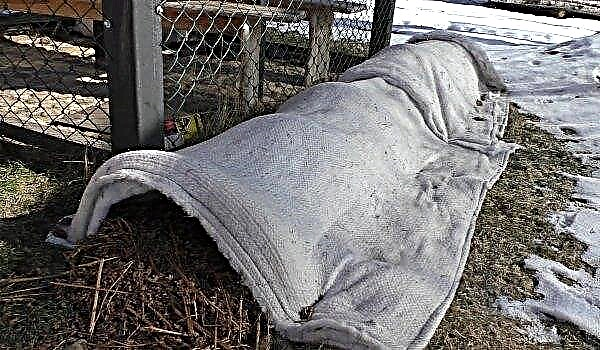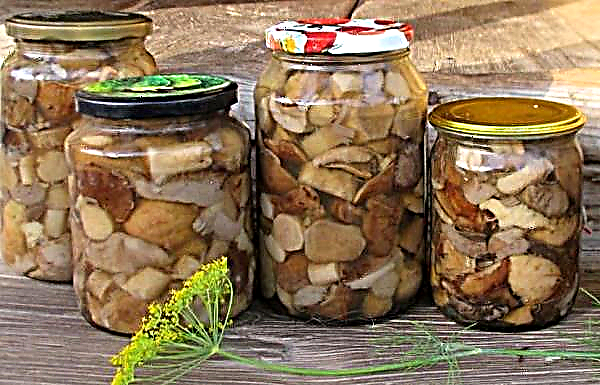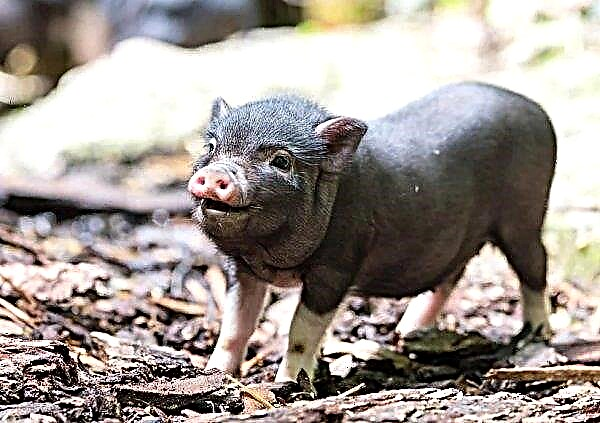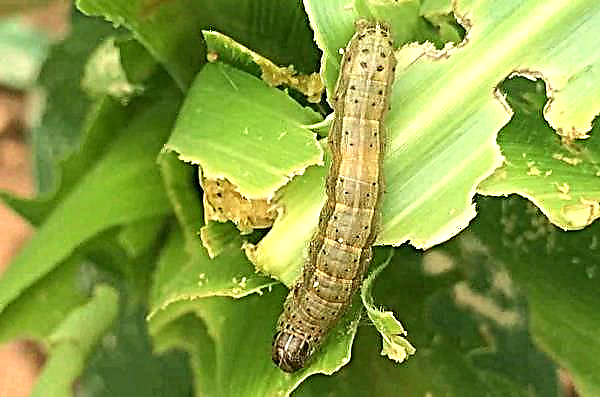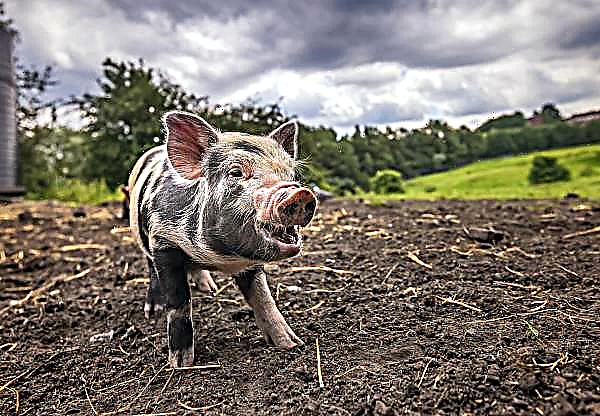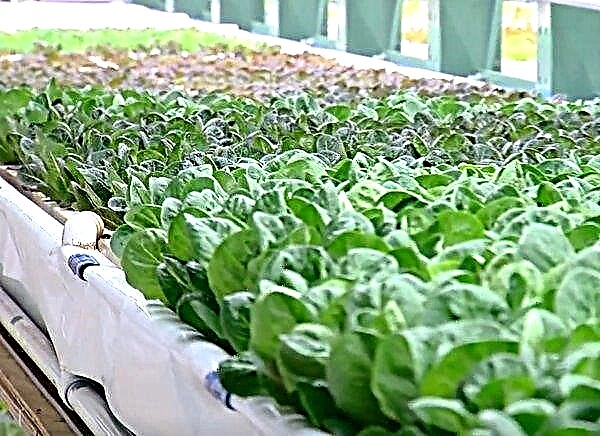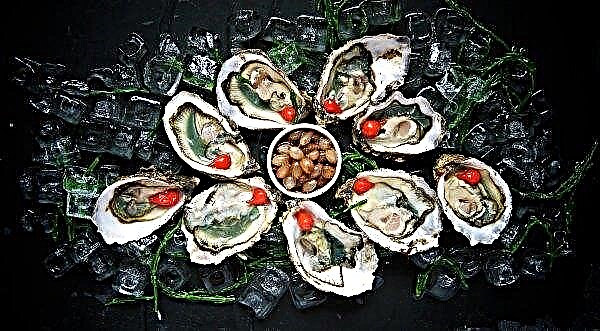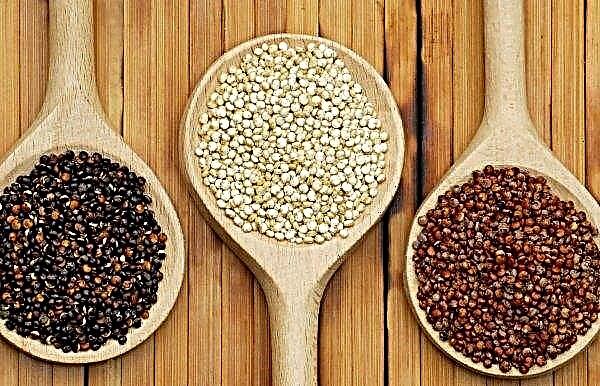Although rye does not have the largest number of cultivated areas, in all its forms it has gained popularity as an option for crop rotation for many farmers. Whether it is fodder cultivation, for the production of alcohol as a cover crop, rye is very multifaceted. Also interested in rye are Canadian scientists who have developed disease-resistant plants.
With growing interest, successes in breeding appear, and RealAgriculture's Kara Oosterhuis met with FP Genetics CEO Rod Merriweather to hear about the latest hybrid rye options available at the company.
One of the traditional weaknesses of rye is its susceptibility to ergot, and Merriweather says that increasing resistance to this disease was at the center of selection. According to him, the newest line, KWS Trebiano, gives 50% less ergot than any other variety on the market.

Moreover, Merriweather says that breeders are watching for higher yields, as well as increased resistance to the Fusarium head, given the expanded growing region of the crop and its wider use as feed.
Western Canadian farmers can access these new lines of hybrid rye now, and in 2021, as seed supplies grow and new genetics emerge.



